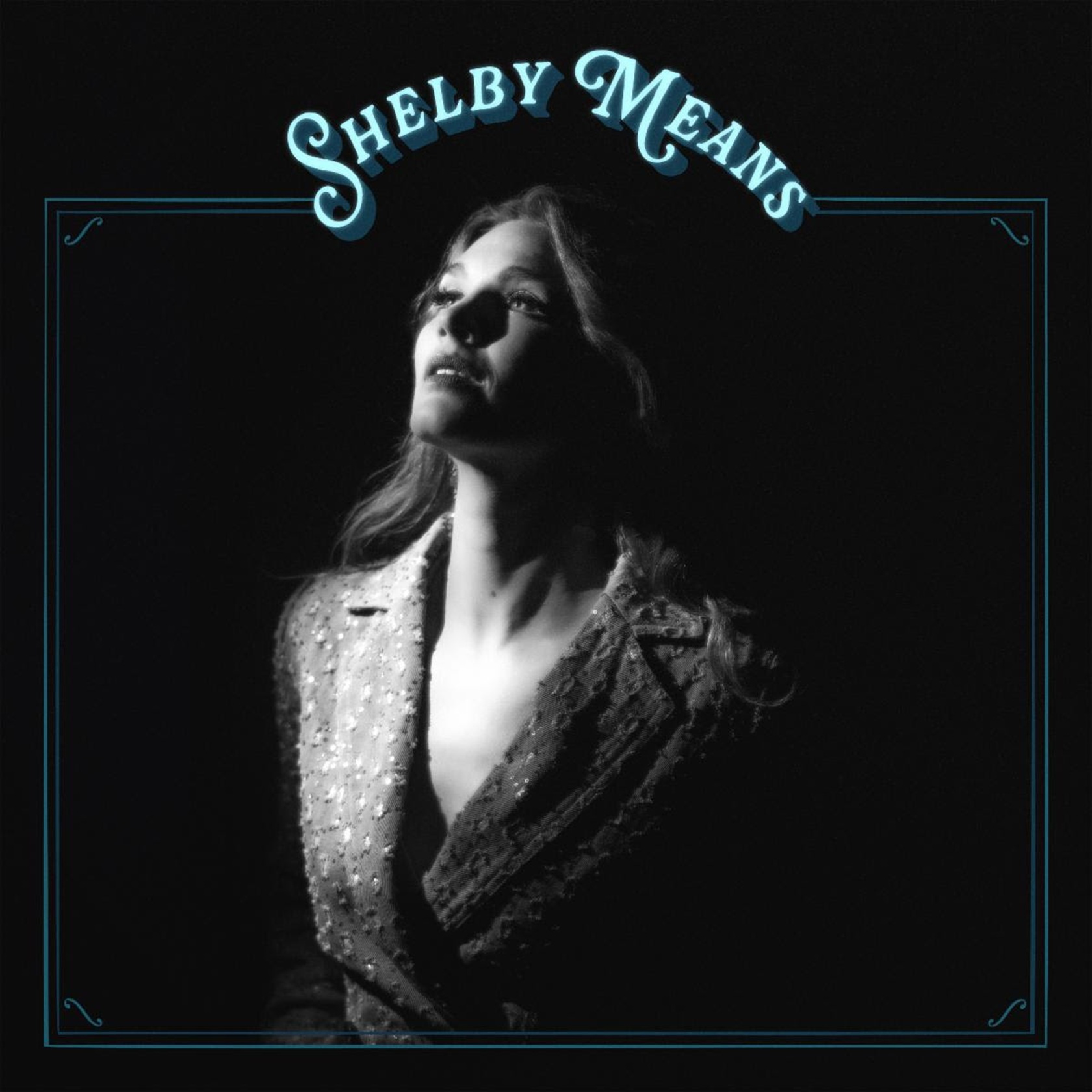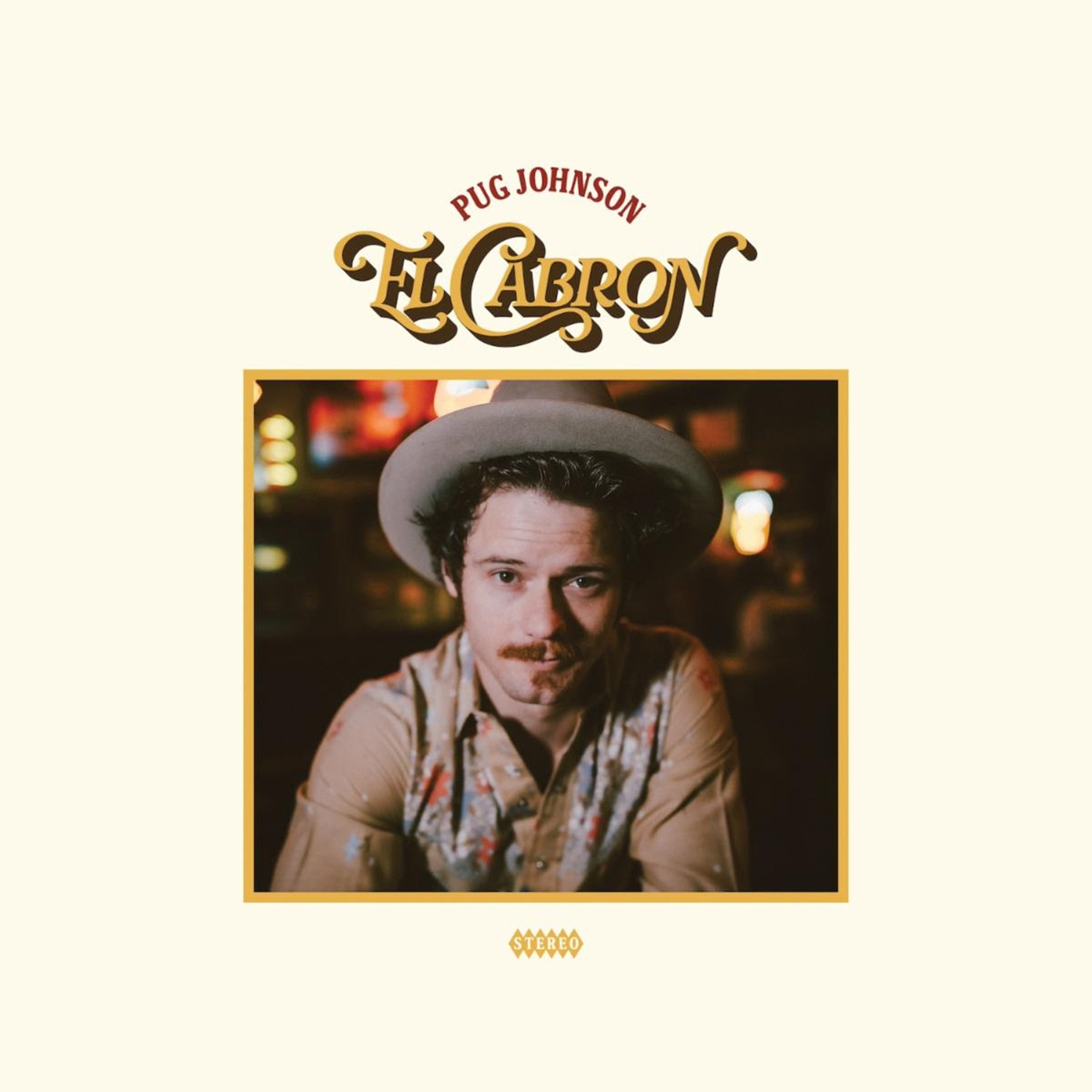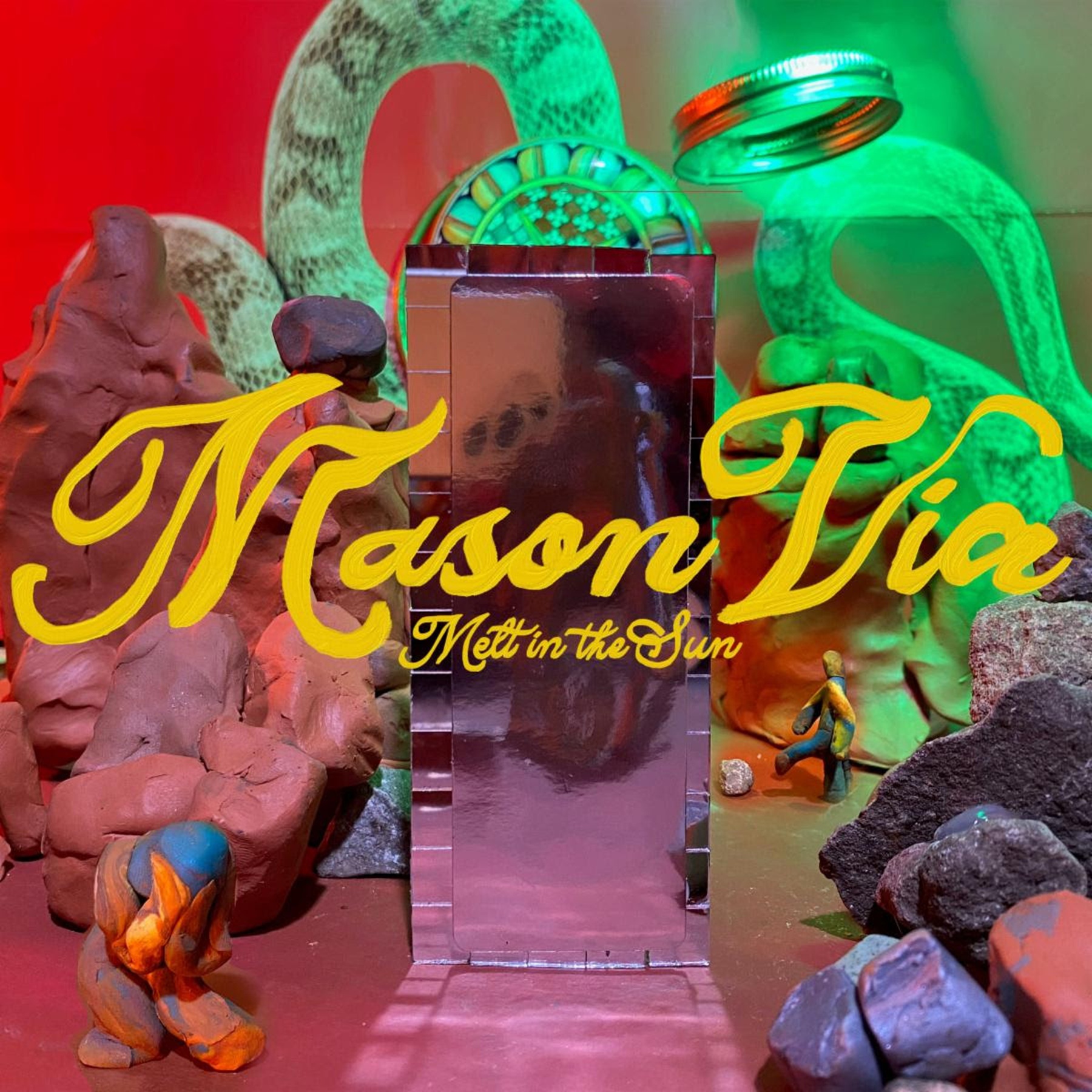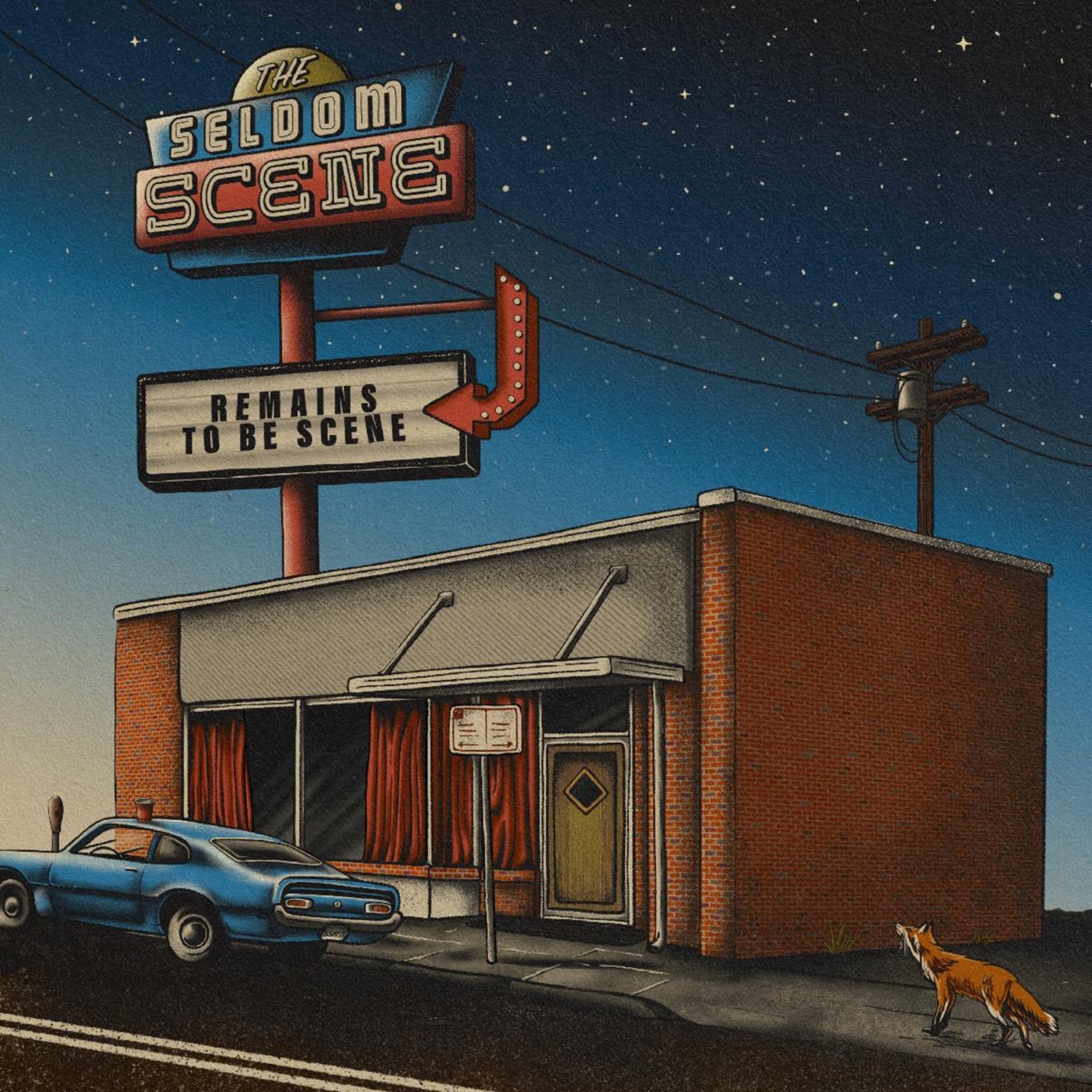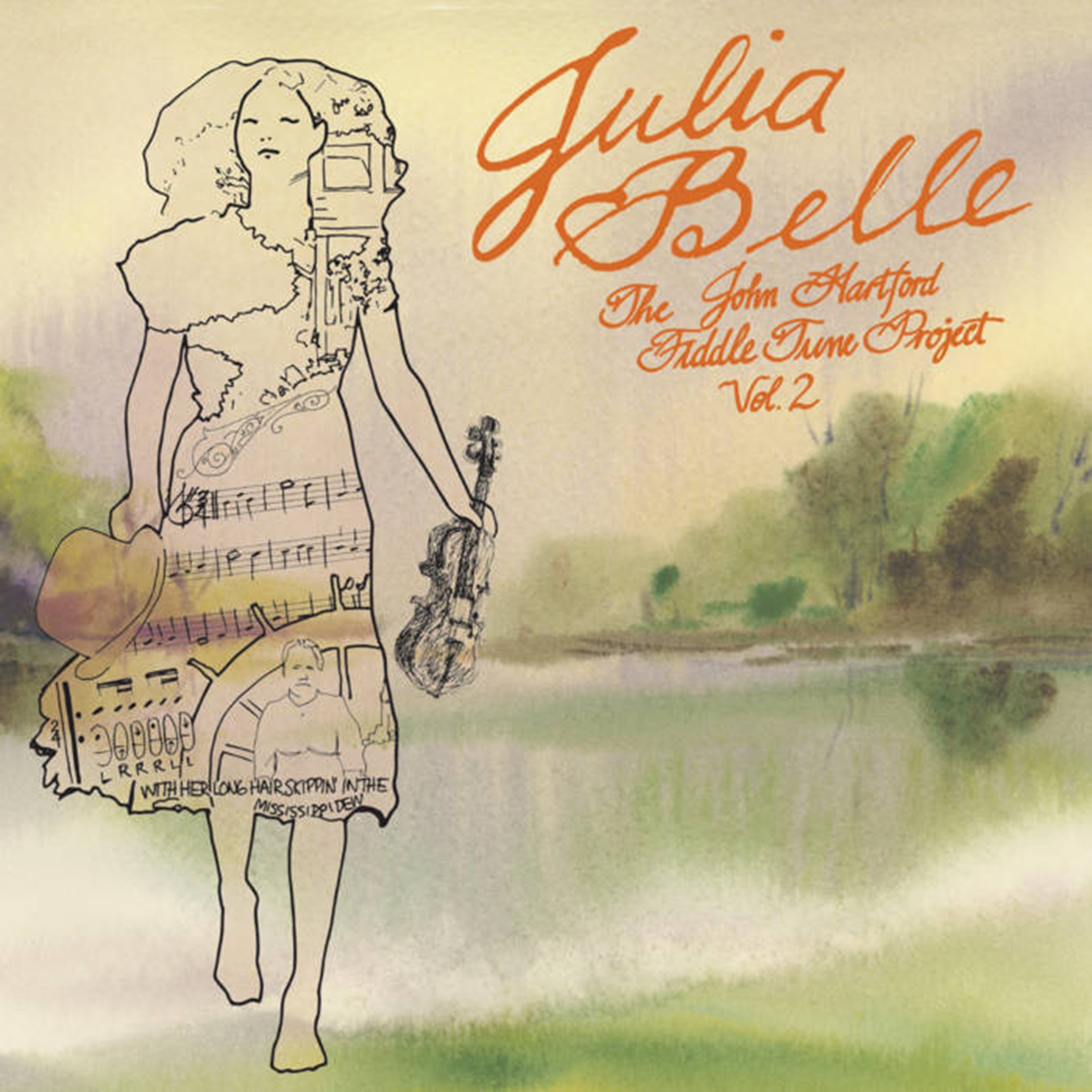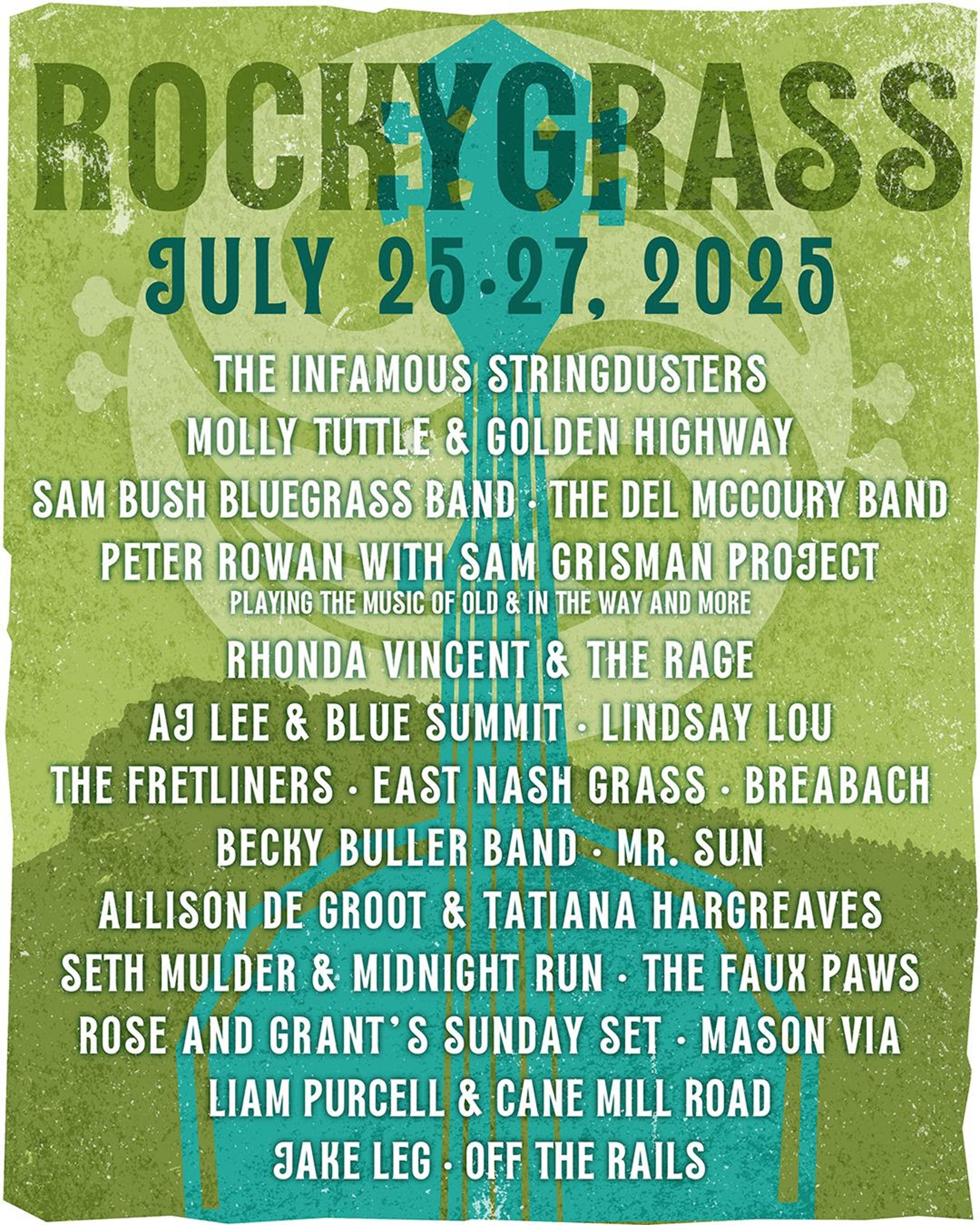“This is high art right here —cotton field disco perfection, the first generator in the county. The chorus on this song may be the best chorus of all time,” says Shannon McNally of Waylon Jennings’ “Black Rose”—a Billy Joe Shaver-penned tune she just cut with Buddy Miller for her new album, The Waylon Sessions. “‘The devil made me do it the first time, the second time I did it on my own.’ Talk about the fight for good and evil and staring the devil down at the crossroads.” The grooving, lazy two-step feel of the original is magnified in McNally’s new version, accented by blasts of harmonica and Miller’s slinky baritone guitar. Today, Relix premiered the “wry, playful video” for “Black Rose,” noting that it “complements McNally’s warm, winning take on the tune."
“I wanted the video to have some levity and to capture the original intent of the song, which I’ve always interpreted as good-natured but risky,” says McNally, who dreamt up an elaborate backstory for the song’s short film and its characters. “I envisioned my character somewhere between Gina Davis and Woody Harrelson on the set of the Barney Miller show. It was quite liberating really. I like the image of the open cell door and the notion that essentially I’m policing myself, because isn’t that what the dance of acting right is all about?” Fans can now watch the video for “Black Rose” at this link and pre-order or pre-save The Waylon Sessions ahead of its May 28th release on Compass Records right here.
In addition to releasing The Waylon Sessions in 2021, McNally will be performing with Terry Allen & The Panhandle Mystery Band at ACL in late Nov. of this year, and at The Paramount in Austin in Jan. 2022.
With The Waylon Sessions, McNally set out to revisit the songs and spirit of Waylon Jennings, a legend with whom she’s always had an ongoing fascination. “I have always loved his defiantly existential but immediately accessible common man’s music and how it boogies,” says McNally. But her collection of tunes ended up being not so much a tribute as it is a recontextualization; a nuanced, feminine rendering of a catalog long considered a bastion of hetero-masculinity. That’s not to say McNally has a softer, gentler take on Jennings’ songs—in fact, just the opposite. Over and over again, she manages to locate a smoldering intensity, a searing hurt buried deep within the music’s deceptively simple poetry, and she hones in on it with surgical precision on this new album, which features special guests like Jessi Colter, Buddy Miller, Rodney Crowell, and Lukas Nelson. “The world has changed a lot since these songs were first recorded,” says McNally. “I have never heard a woman sing any of them, but these tunes are poignant and relevant to me and to women in general right now. As a songwriter, bringing a song to its full potential so that a larger or different audience can connect is all I’ve ever cared about.”
McNally knew that assembling the right band would be essential to capturing Jennings’ mix of laid back charm and swaggering bravado, so she called AMA-winning guitarist Kenny Vaughan (Marty Stuart, Lucinda Williams) to help her assemble a team that included drummer Derek Mixon (Chris Stapleton), pedal steel legend and longtime Jennings bandmate Fred Newell, Texas keyboard mainstay Bukka Allen (Robert Earl Keen, Jerry Jeff Walker), and bassist Chris Scruggs (Marty Stuart, Charlie Louvin). Working live and raw, they tracked sixteen songs in just five days, relying on instinct and intuition to guide their decisions at every turn. As brilliant as the band’s performances are, it’s McNally that breathes new life into the music here, tackling the tunes with an honesty and a maturity that transcends genre and gender. She doesn’t swap pronouns or couch her delivery with a wink; she simply plays it straight, singing her truth as a divorced single mother in her 40’s in all its beauty, pain, and power.
“My goal wasn’t to force anything onto the music that wasn’t there already,” explains McNally. “There’s a feminine perspective hidden somewhere inside each of these songs. My job was to find a way to tap into that and draw it out.” The result is that rare covers record that furthers our understanding of the originals; an album of classics that challenges our perceptions and assumptions about just what made them classics in the first place.







